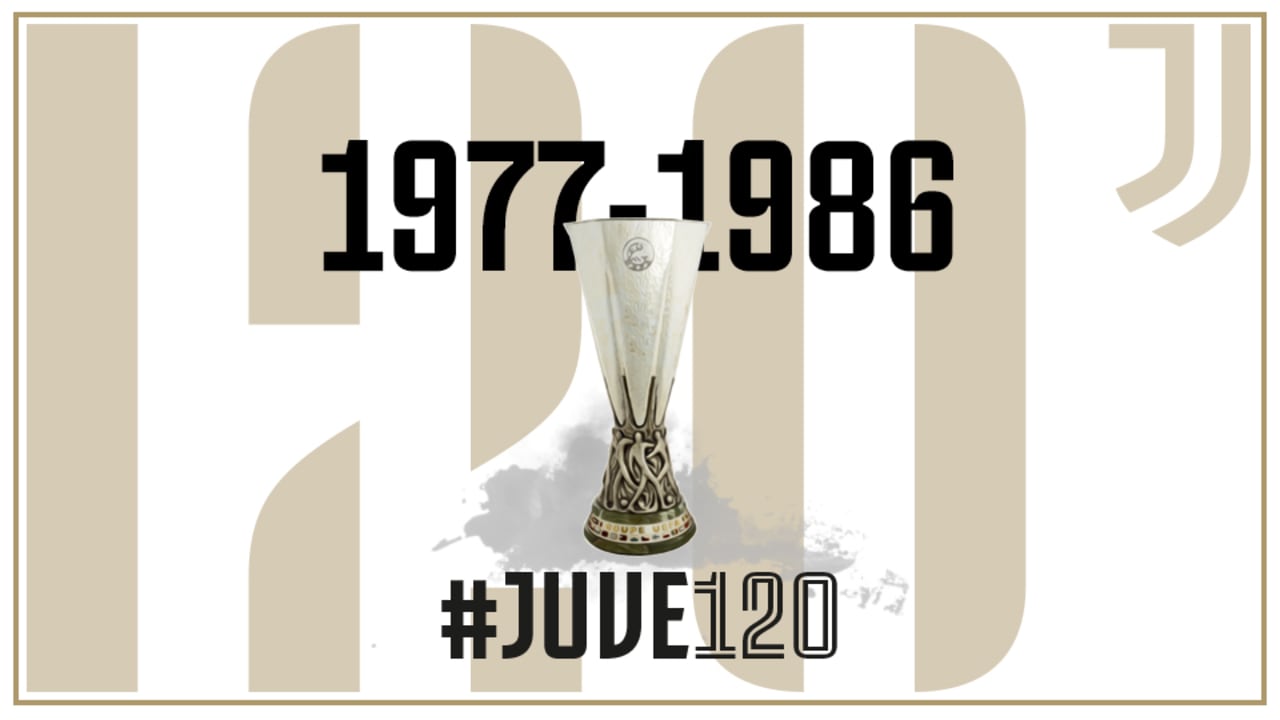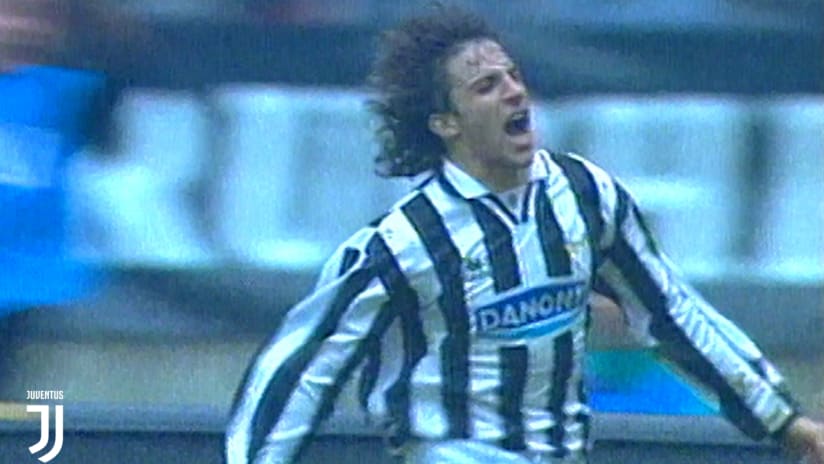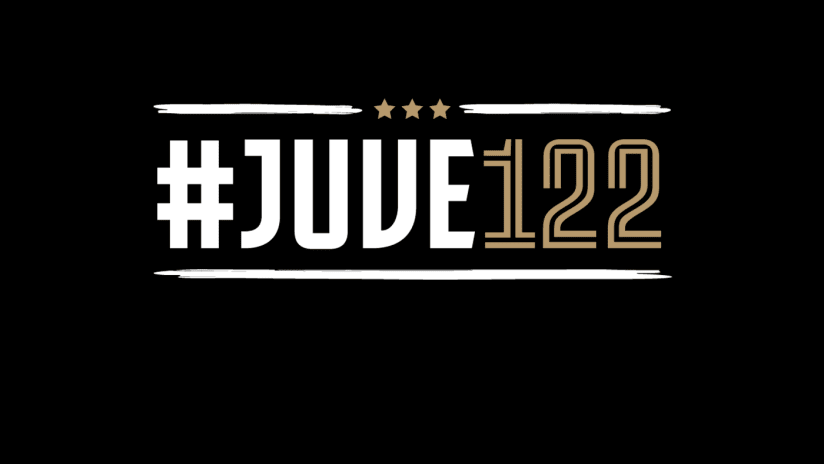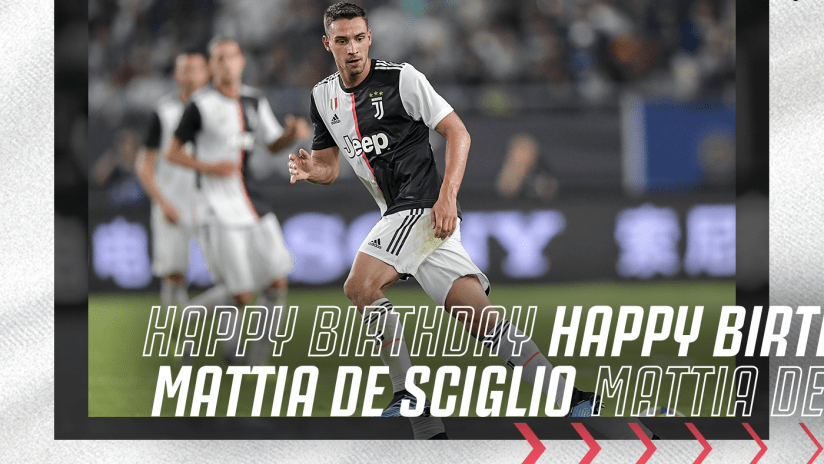01 November 2017
If managers Cestmir Vycpalek and Carlo Parola had set the Juventus juggernaut in motion in the previous decade, it would be under their next boss, Giovanni Trapattoni, in which they were able to sweep aside all opponents before them both in Italy and abroad.
Juve’s policy was that of investing in young Italian players and the strategy paid off for both club and country. Dino Zoff, Gaetano Scirea, Claudio Gentile, Marco Tardelli, Antonio Cabrini and Paolo Rossi went on to star in Italy’s World Cup victory in 1982 and Rossi was the tournament’s top scorer and fully deserving of the Golden Ball award.
At the same time, however, president Boniperti was beginning to sign a smattering of foreign players who would go on to make crucial contributions. The first example of this was Liam Brady, an intelligent Irish midfielder who dictated the pace of play with passing expertise in abundance and scored several valuable goals. His final strike, from the penalty spot in Catanzaro, handed Juve their 20th Scudetto title on 16 May 1982 and enabled the club to add a second star to the shirt. The Bianconeri supporters were ecstatic.
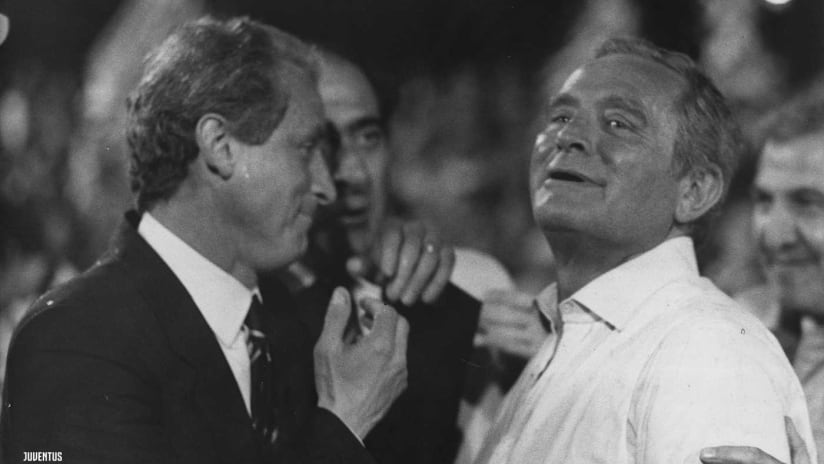
This was also the summer in which Michel Platini joined Juventus and the Frenchman proved to be a genuine world-beater: his movement around the pitch, his goals and indeed everything he did was of the utmost elegance. Le Roi always played with his head up and consistently placed passes onto his team-mates’ feet from as far as 50 yards away. Platini duly won the Golden Boot and three consecutive Ballon d’Or awards as he thrilled fans the world over.
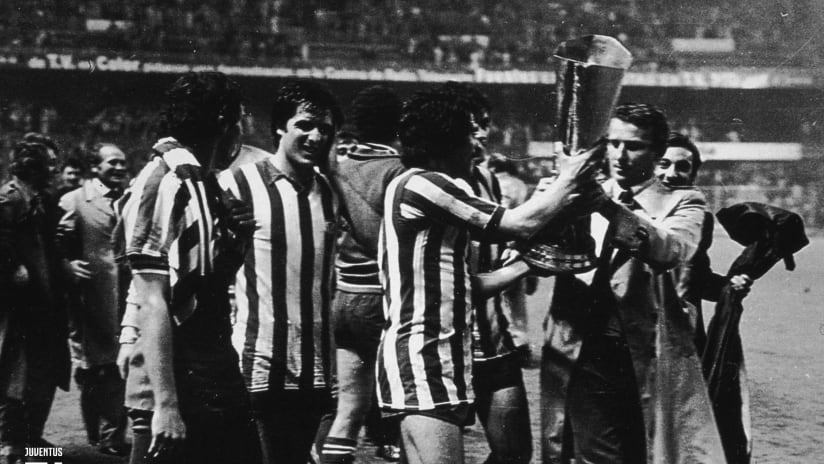
Under Trapattoni, the Bianconeri secured six Scudetti, two Coppa Italia titles, the UEFA Cup, the Cup Winners’ Cup and their first Champions League – an exceptional haul of silverware.
However, the long awaited success in Europe’s most elite competition was marred by the Heysel Tragedy in Brussels on 29 May 1985 when 39 innocent victims lost their lives. Juventus won the cup, but this was a joyless success.
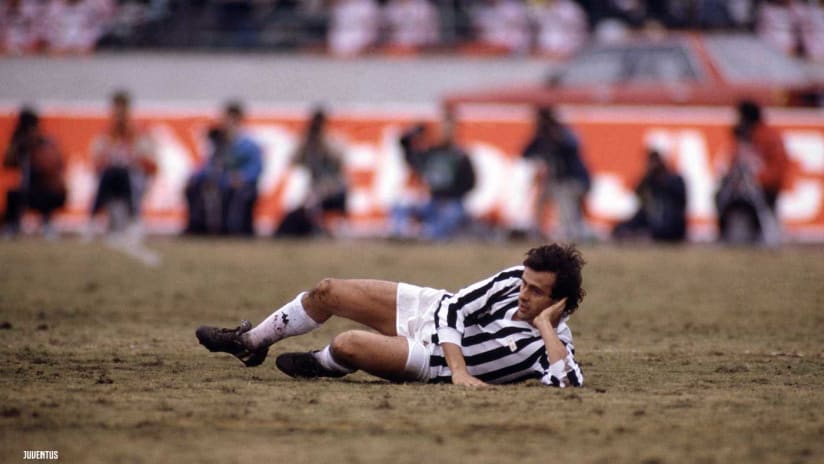
The Bianconeri ended the year flying to Tokyo to play in the Intercontinental Cup final, in which they beat Argentinos Juniors on penalties to be crowned club world champions.

